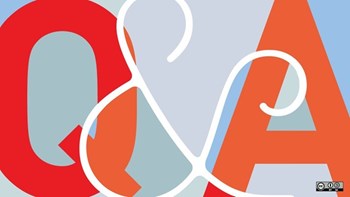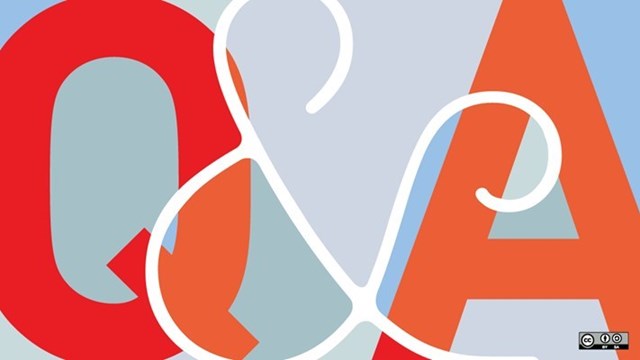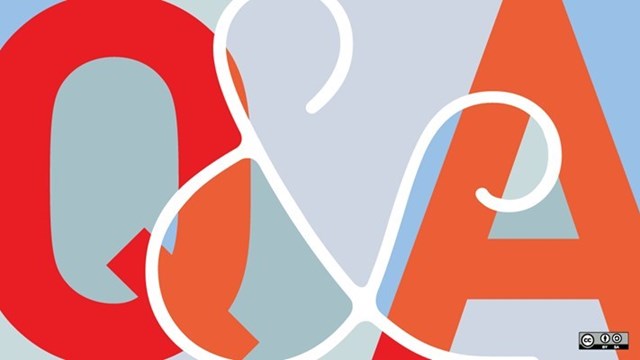
—Candid Camera
“However, the real question in this scenario is who is liable for the loss. That is, who should pay for the stolen equipment. It is assumed that the thieves have not been identified. In such case, liability should fall to who was in the best position to protect the asset. Here, management was charged with routinely inspecting the equipment under its control. A determination has to be made as to when the equipment was last inspected and whether management knew that the equipment was not functioning properly. If it is determined that management knew that the security equipment was not working prior to the theft, it may be liable for the loss of the stolen television equipment.
“Other factors may also affect liability. As a practical matter and regardless of liability, you should contact your insurance company and file a police report so that the board complies with all of its fiduciary obligations.
“Finally, the board should contact an attorney to discuss these issues and the ways and methods in which to make the association whole following its loss. In addition, an attorney experienced in community association law will be able to explain how best to protect the association in the future through strategic contract drafting and placement of appropriate insurances.”






Leave a Comment